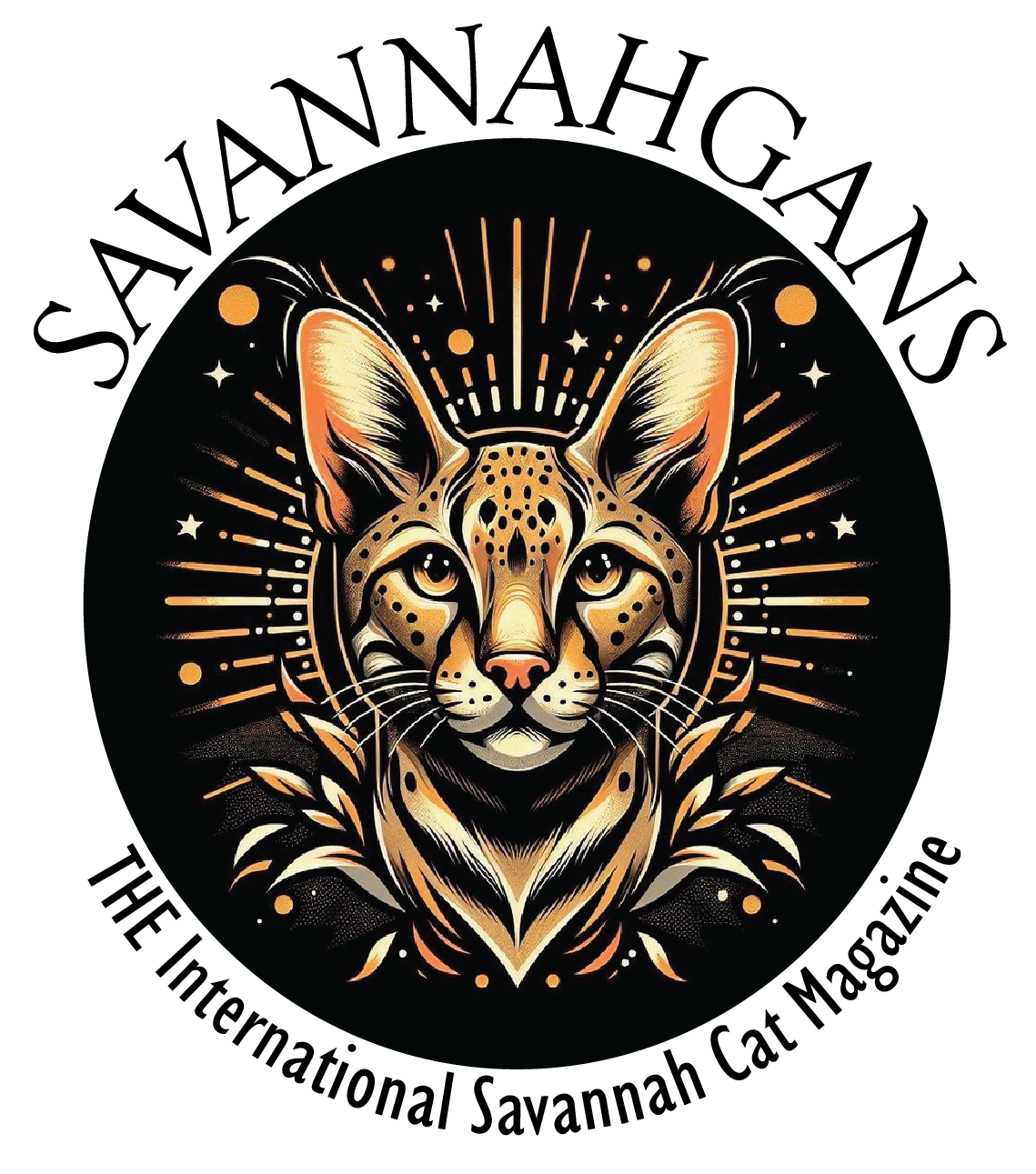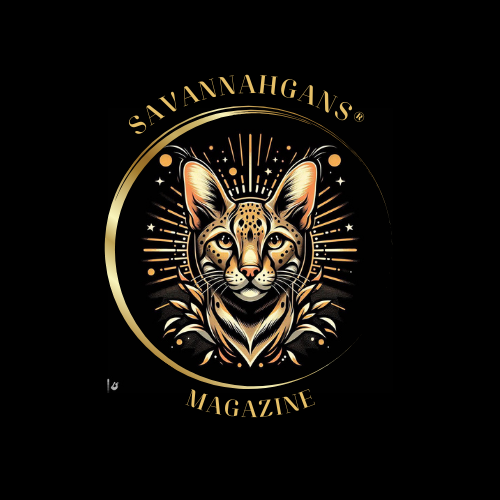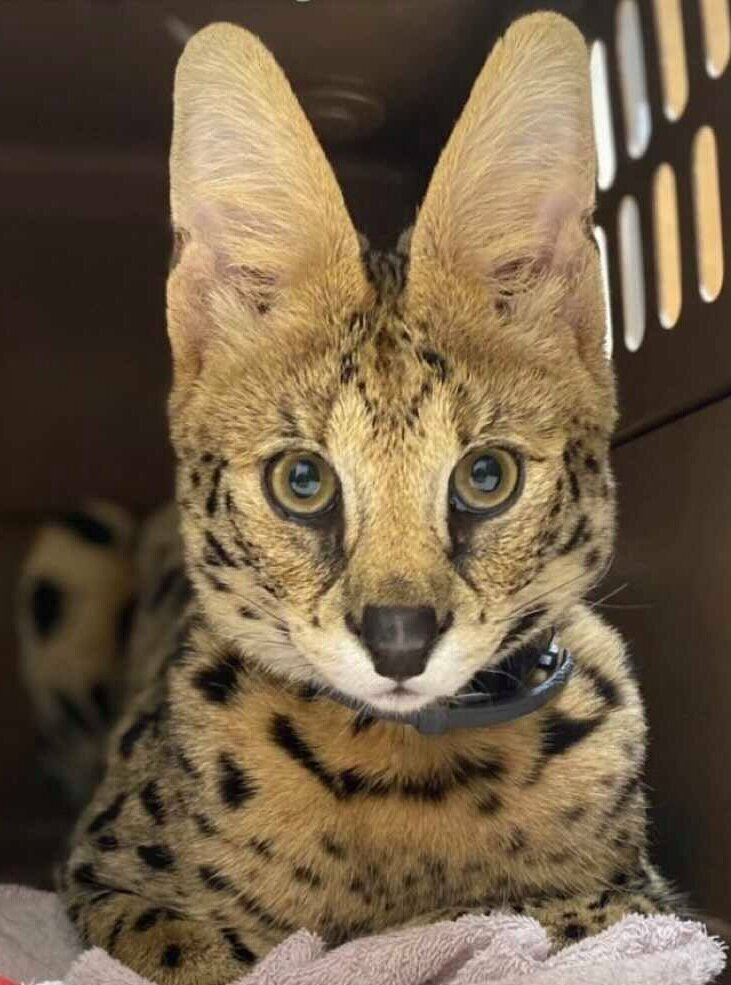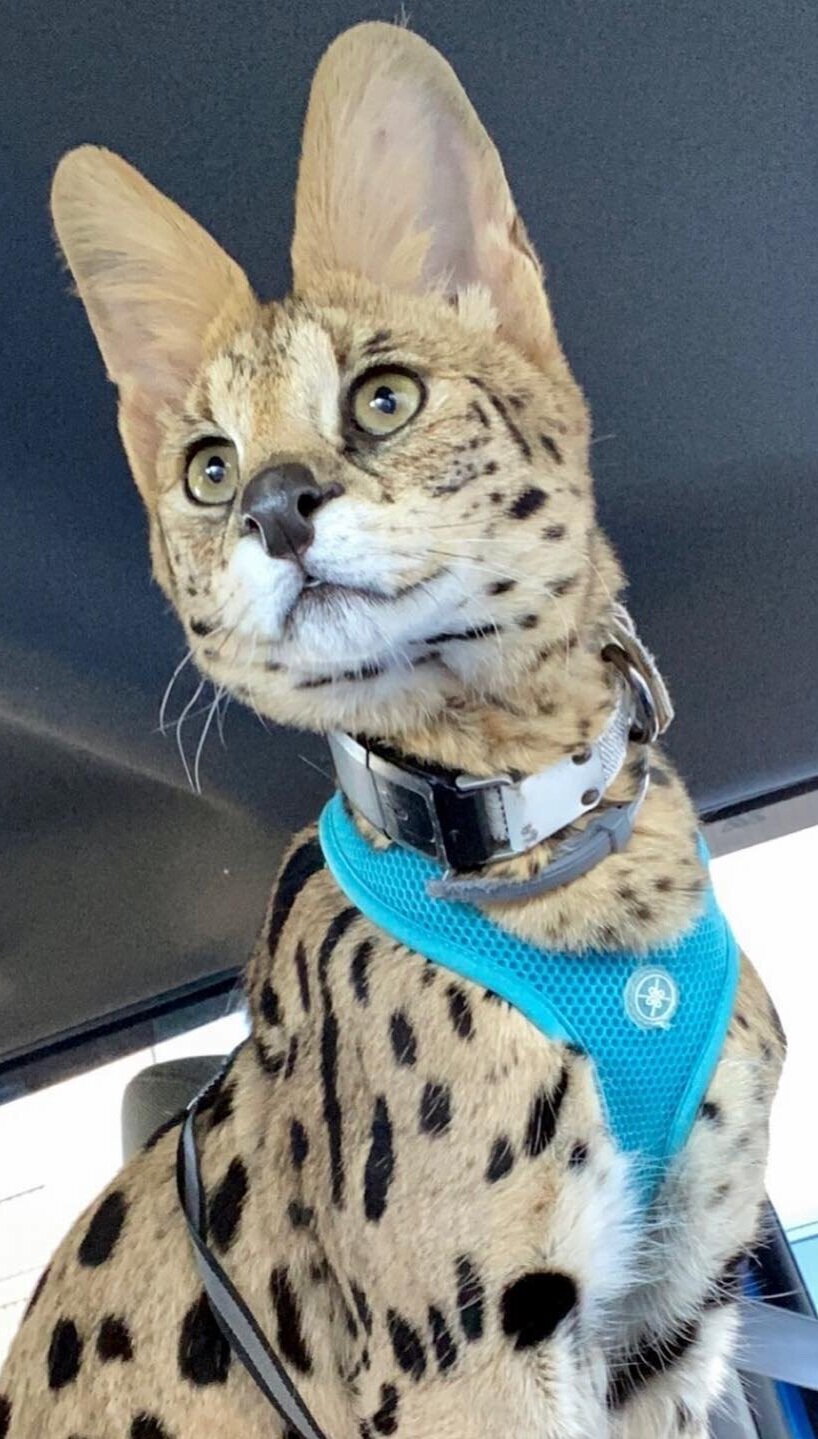What You Need to Know About Adding a Serval to Your Home as Pet or Breeder
Servals are exotic cats indigenous to Africa. Servals have also become an increasingly popular exotic pet based on their exotic nature, size, and majestic looks. However, many people fail to fully comprehend or consider that Servals are still wild animals, even when bred and raised in captivity. They require a particular environment, diet, vitamins, enrichment, and enclosures. Many states, counties, and cities require special ownership permits and legal documentation of import and export history. Permit requirements depend on local and federal departments such as the United States Department of Agriculture (USDA) and the Department of Fish and Wildlife (DFW). It can take several months and even a year-long process requiring annual or biannual site inspections and approvals.
Servals should come from a legitimate breeder who knows their cats and kittens personally and can provide complete health records. One should never purchase from a broker who buys and flips exotic animals and knows no prior history of the kitten. Depending on the Serval breeder's location, a USDA license to breed African Servals may be required. Research is crucial, and as a buyer, you should verify you're not purchasing an illegal Serval. Unfortunately, some pet Servals are rehomed to licensed rehabilitation centers after purchased because buyers realize they've become more than they can handle or house due to maturity behaviors. Servals around the age of two develop personality and behavioral changes, often negatively tolerated by under-educated and under-equipped owners. Rehoming an adult or juvenile Serval is an arduous task since Servals bond with their human from an early age. When considering one as an exotic pet, please don't take it light-heartedly.
Raising and owning a Serval has been an exciting, entertaining, yet serious experience. As a breeder at Savannah Heightz, our one-year-old Serval stud Tahfari isn't only our exotic pet but a core member of our Savannah Heightz cattery, where we produce F1A – F5 SBT Kittens. Tahfari is a young, maturing stud who's still growing and with ever-changing requirements. As a small in-home cattery, our breeding animals spend their day-to-day lives in our home. They sleep with us and have 24/7 secure and monitored access to their custom indoor/outdoor enclosure (constructed by Rugged Ranch Products located in Vista, California). Owning a Serval isn't a simple or easy task, and as charming as some Servals are, not all share the same personality or temperament.
Our research began with finding an African Serval breeder who hand-raises their Serval kittens and, most importantly, is a family-oriented USDA licensed breeder. Hand-raised means the Serval cubs are raised in a home, exposed to other family members, multiple species of pets, familiar life sounds, cleaning smells, and visitors, including children. The next task was finding the Serval sire and dams with the personalities we felt would be compatible with our in-home cattery dynamics. Our success was a breeder in Oregon state, Mountain View Exotics.
Not all Servals are this adaptable and require advanced levels of desensitization.
Before picking up our Serval baby, we completed a couple of years of research and prior planning. Then we established a backup family member/friend outside our immediate family for emergency care, vacations, or a tragic, unexpected end-of-life scenario of myself and my spouse. We also established two routine veterinary care offices for exotics specializing in African Servals and two emergency Veterinary hospitals within a 100-mile radius of our home to not rely on one local option. Nothing about owning or raising an African Serval can be taken lightly and entails thorough planning to the fullest extent. Exotic animals of any breed or species, especially Servals, aren't a simple plug-in and play dynamic household pet.
By no means am I a Serval expert as I only have a couple of years of direct experience. However, as someone raised around animals and exotics my whole life, I can speak on behalf of my experiences. One of the most important things we've done from the moment we brought our Serval baby home is socialization and exposure for desensitizing purposes. Desensitizing has allowed us to slowly expose Tahfari to safe but potentially startling sounds, movements, and items needed for routine or emergency care that could overstimulate or startle him, causing injury. These wide-range routines include household sounds, cleaning agents, other people or animals and their noises, kenneling, vehicle rides, leashes, kennel types, nail care, stud diapers, pet store visits, and veterinary office visits and handling. Next, emergency care scenarios of gentle restraint, bathing, surgical prep, fur clippers, inflatable, and non-infallible cones, and surgical recovery suits. It's also important to be consistent with one-word or short commands taught from kitten age such as "ouch", "gentle", "no", "leave it", "come", "sit", or "down". Using such words or phrases aid inconsistent expectations and boundaries for Serval, owner, and guests. You can also use these words to calm or cue your Serval in an unsure or emergent situation as they have built trust with you. These are not one-time actions but a continuous process as we actively reassure him that the exposure is safe and will not harm him at any time. Advanced levels of desensitization depend upon the Serval's body language to decrease traumatization.
Some adverse parts of Serval ownership begin with the start-up costs, then the routine care, enclosure requirements, diets, licensing procedures, ownership insurance bonds or policies, and emergency costs. Servals have a very costly start-up expense and paperwork process and continue to provide proper care, enclosure space, and enrichments for the average max captive 20-year life span. Breeding servals in captivity as pets isn't easy, which is why they're such a large investment, even as a pet. When a Serval is part of a Savannah breeding program, they cost significantly more, and breeding becomes even more complicated with success and survival rates, which drives the cost of early generation Savannah Cats so high. Routine care can start at about two hundred dollars a month, depending on your location and how much you prepare yourself. Finding routine and emergency exotic veterinary care with experience in Servals is very difficult in many geographical areas. Some exotic veterinarians won't work with exotic cats or Servals. Vaccinations aren't as sophisticated and widely studied as domestic feline vaccinations nor approved for such uses. As they mature, Servals become less tolerant of being picked up or held. Keep in mind; Servals are a 30+ pound cat fully grown. Humans don't typically carry around or hold medium to large dogs either. Servals are known to get spooked and become severely injured even by familiar objects or family members, which can cause accidental injury to your Serval and humans involved. Servals, as stated earlier, require a very stable environment, lots of indoor and outdoor space, diet, and socialization. They don't do well in a home where they're frequently left alone for several hours or days from their bonded owner. Servals require a confident handler as you are the Serval's foundation.
In the time we've been raising our Serval and conversing with other Serval owners of varying ages and ownership purposes—from pet to business--I can validate ownership with positive experiences. Servals can be excellent one-on-one companions who'll bond strongly with an individual while still enjoying the company of other family members. This bond is even stronger if you can be with them full-time. I'm fortunate to work from home and spend 90% of my day with our Serval stud. He wears custom stud pants to catch any unwanted spraying. When properly cared for and socialized, they are uniquely majestic and a very rewarding animal to own. They enjoy affection in similar ways you may show love or devotion to a medium or large-sized canine as they have some similarities.
Servals are very smart and easily tamed when hand raised and socialized with children from kittens. Communication, in the form of chirping, sounds similar but unique to each Serval. If trained to do so, they love to walk on a leash like a dog. Servals can be indoor or outdoor pets, as they can adjust to all weather conditions, being they're wild animals. With a never-ending channel of energy and curiosity, when raised and exposed to other animals, they can co-exist safely; but with supervision. Their level of curiosity allows them to be friendly with strangers when socialized as kittens. They love to get on, in, or under larger or tall objects, and at no age does this stop. They love to openly run, jump and play in a large open enclosure if there are no items to cause injury. Our stud Tahfari loves head and chin scratches, giving kisses to your nose on command, laying in your lap or alongside you, head bumps, playing fetch, and chasing his non-destructive dog toys or enrichments.
At Savannah Heightz, we're over the moon in love with our Serval stud Tahfari and wouldn't change our decision to bring him into our home, lives, or cattery. Every Serval owner can attest to how amazing these animals are but follow the truth of the requirements and dedication of Serval ownership. With Servals, the Savannah breeding community, such as ourselves, can continue to bring in new genetics and bloodlines to prevent line breeding, thus removing the increased chances of health issues. You can observe and follow some of the things we continue to do with our friendly, curious, and playful Serval on any of our social media platforms such as Facebook, Instagram, or the website www.Savannahheightz.com.
Subscribe (free) (by visiting the banner on our home page) and receive each quarterly issue to your inbox.
Share this article on your own social media platforms.
Leave a Comment below. (this is VERY helpful to our growth and Google recognition)
Follow on Instagram.
Follow on Twitter.
Follow on Pinterest.
Follow on Youtube.





